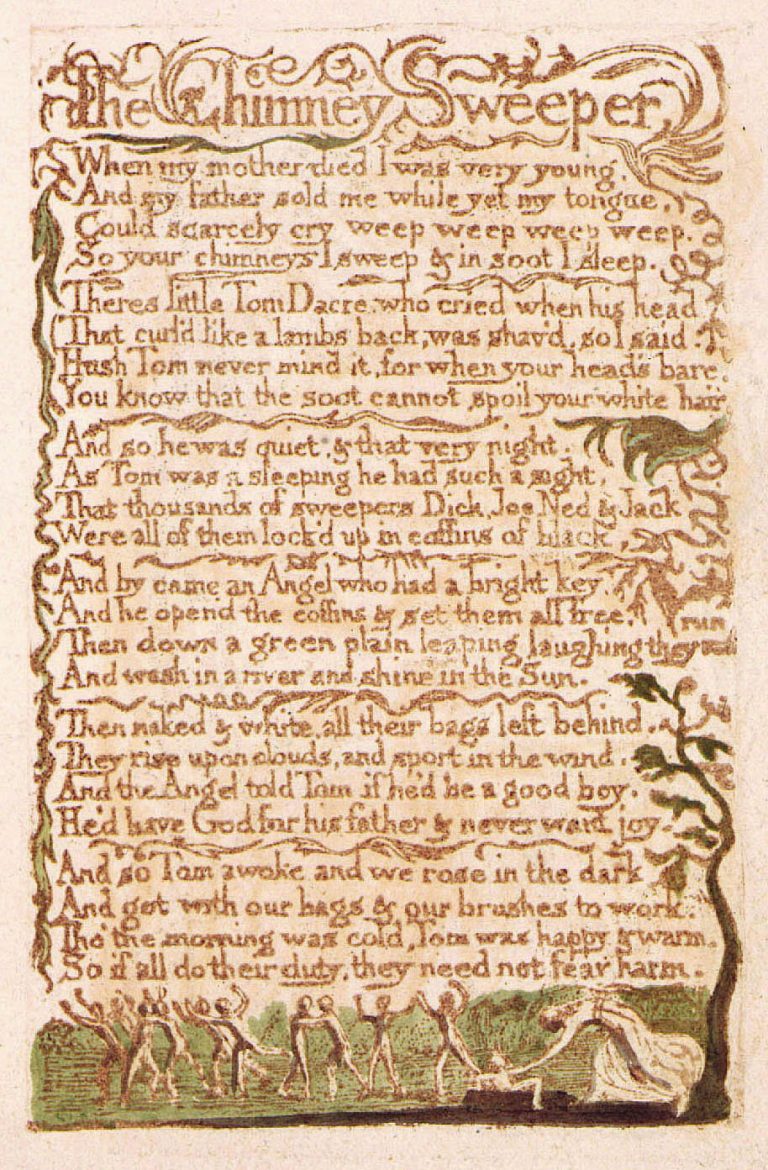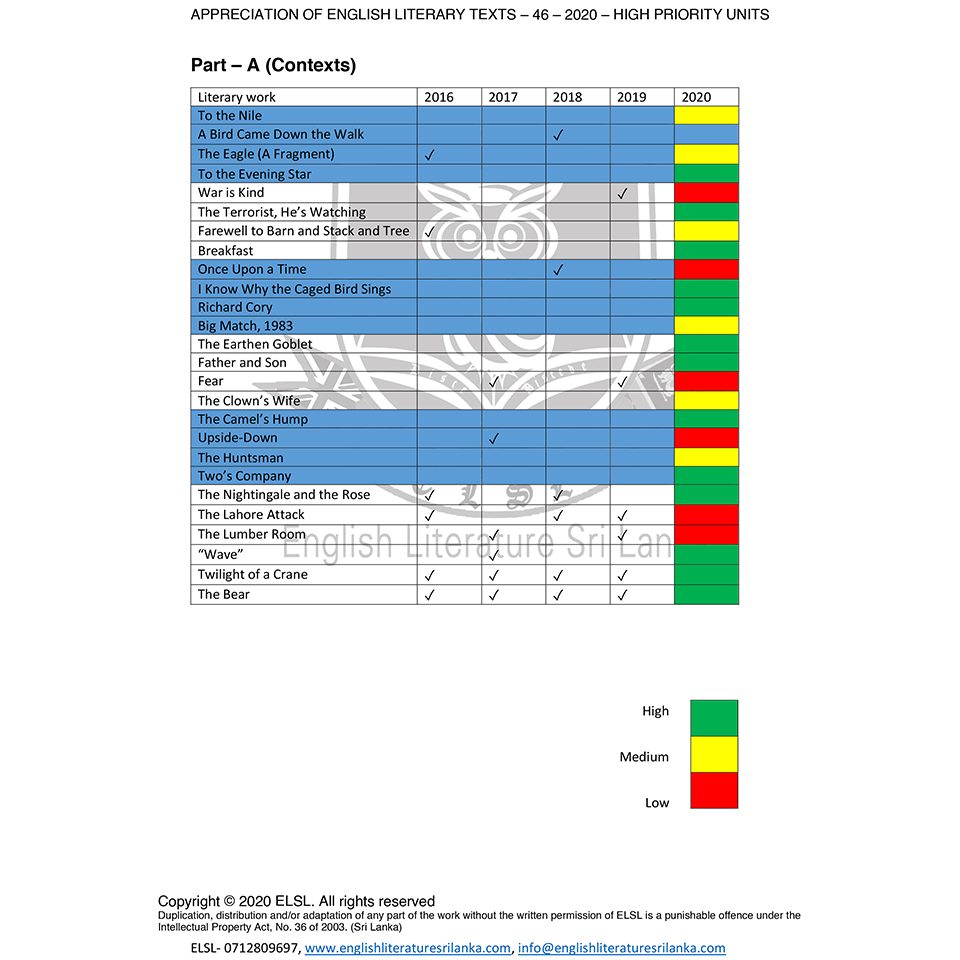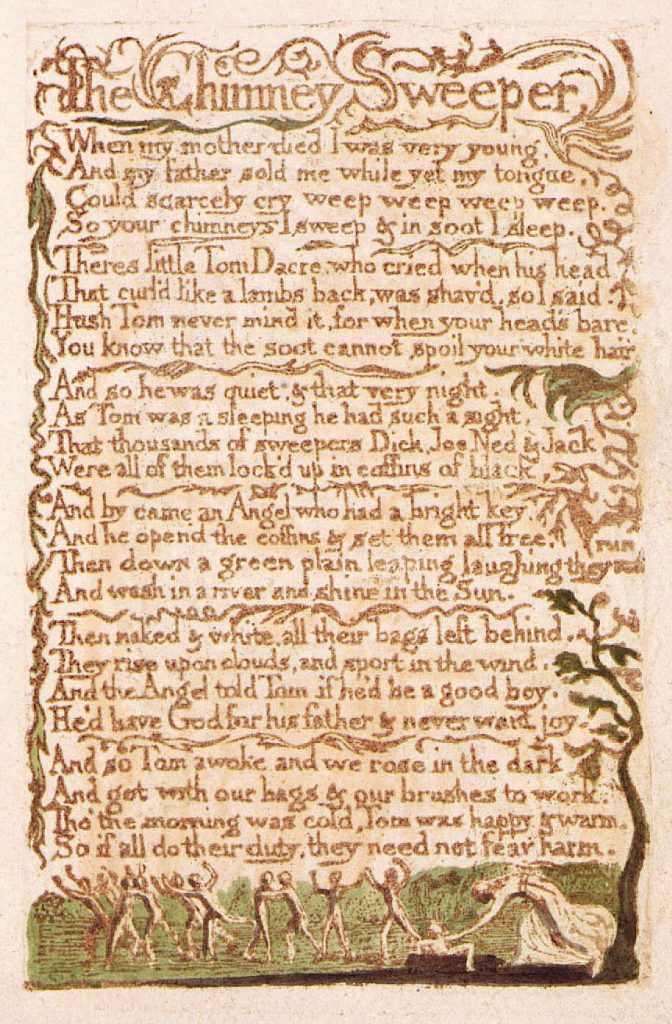
"My invention comes from my pate as birdlime does from frieze," Iago says, though his analogy misrepresents his quick wit and subtle intelligence (II.i.125-126). Iago's perception of women as deceptive, dominating, and lusty colors the way he portrays both Emilia and Desdemona both are good women, Desdemona exceedingly so, yet he is able to convince other men that they are anything but what they are. Women are "wildcats in your kitchens, saints in your injuries, devils being offended" he even declares that they "rise to play, and go to bed to work" (II.i.110-114). Though Iago is married, he does not have as favorable an impression of women as Cassio does. Othello's insecurities mean that Cassio is promoted over Iago, but also lead Othello to hold Cassio at a distance. It is Cassio's courtly manner that makes him Othello's lieutenant for Othello sees Cassio as a model Venetian, all poise and polish, which is something Othello wants to be, but thinks he is not. As Iago learns that Cassio has no love for her, though much respect so it is with much irony that Cassio is charged as being Desdemona's lover, when he is perhaps the only male figure in the play who has no feelings of passion for her. He describes Desdemona as one who "excels the quirks of blazoning pens" he calls her "divine Desdemona," but at the same time, wishes Othello much joy of her (II.i.62, 72). Just as every character has their own manner of speech and expression, Cassio has a very polished, courtly way of speaking, especially of ladies. The characters that comment on the storm are mariners, alluding to Ursa Minor and stars used for navigation this is a testament to Shakespeare's ability to craft credible dialogue for a great diversity and range of characters. The storm is also a great example of Shakespeare's deft use of language. The storm marks the end of the peaceful part of the play, a signal that Iago's mischief is about to begin. Storms are always of great significance in Shakespeare here, the storm is a symbol of unrest and the discord to come. He convinces Roderigo to attack Cassio that night, as he plans to visit mischief on both Othello and Cassio. Iago speaks to Roderigo, convincing him that Desdemona will stray from Othello, as she has already done with Cassio. Othello arrives at last, and is very glad to see his wife arrived, much earlier than expected he and Desdemona make public signs of their love, and then depart.

They spot a ship coming forth but Iago, Desdemona, and Emilia are on it, not Othello.Ĭassio greets them all, especially praising Desdemona somehow, Iago and Desdemona enter into an argument about what women are, and Iago shows how little praise he believes women deserve. A messenger enters, and confirms that the Turkish fleet was broken apart by the storm, and that Cassio has arrived, though Othello is still at sea.

The Turkish attack may have been quelled, but it also bodes badly for Othello's ship.

An open place near the quay.Ī terrible storm has struck Cyprus, just as the Turks were about to approach. Buy Study Guide Act II, scene i: A Sea-port in Cyprus.


 0 kommentar(er)
0 kommentar(er)
